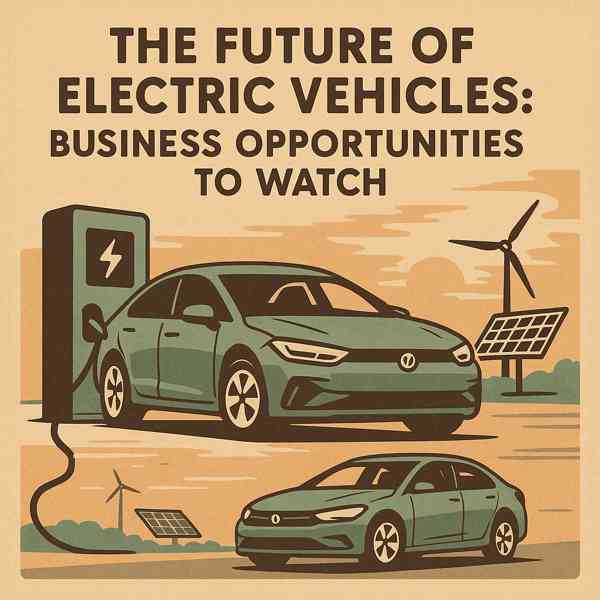
Electric vehicles (EVs) are reshaping the way we think about transportation.
As battery technology improves and infrastructure expands, owning an electric vehicle has never been more practical.
What Are Electric Vehicles?
Electric vehicles are powered entirely by rechargeable batteries, rather than traditional internal combustion engines.
Key components of EVs include:
- Electric motor
- Usually lithium-ion or solid-state
- Controls efficiency and output
- Connects to home or public chargers
Electric vehicles come in various types, such as hybrid electric vehicles (HEVs)—each with different levels of electrification.
Why Choose an EV?
Whether you're looking to save money or reduce emissions, EVs offer a compelling option.
Why EVs are gaining popularity:
- Lower operating costs
- Helps fight climate change
- Less noise and vibration
- Government incentives and tax credits
For eco-conscious and cost-aware drivers, electric vehicles are an increasingly smart choice.
What to Know Before Buying an EV
Understanding the limitations of electric vehicles will help you make an informed decision.
Common concerns include:
- May require more frequent charging
- Longer trips need planning
- More expensive upfront than comparable gas models
- Battery lifespan and replacement
As technology advances and infrastructure improves, many of these challenges are becoming more acceptable.
Exploring EV Variants
Not all electric vehicles are the same.
EV formats explained:
- Fully electric with no gas engine
- Can switch between electric and fuel power
- Combines electric and gas power but cannot plug in
- Fuel Cell Electric Vehicles (FCEVs)
Each type has its pros and cons, so buyers should understand the differences.
EV Charging and Infrastructure
There are multiple charging levels and methods depending on your daily usage.
Main EV charging options include:
- Slow but accessible anywhere
- Level 2 Charging
- Rapid chargers at commercial locations
- Still in development or premium models
As public charging networks expand, EV owners will enjoy even more support and reliability.
Where the EV Market Is Heading
As governments push for cleaner energy and manufacturers invest in innovation, the future of EVs looks unavoidable.
Next-generation EV developments:
- Solid-state battery technology
- Vehicle-to-grid (V2G) integration
- Combining EV tech with self-driving systems
- Making EVs accessible to all drivers
As innovation continues, EVs will become more efficient, affordable, and widespread.
Final Thoughts on Electric Vehicles
With growing demand and continuous improvement, EVs are becoming a realistic option for more drivers every day.
From environmental benefits more info to cutting-edge tech, electric vehicles offer a powerful alternative to traditional cars.